Author's Page
Learn more about Anastasia Tarpan and get to know the person behind the posts you have read.
Anastasia Tarpan
Anastasia is an international student from Moldova who came to the U.S. two years ago to further her education. She is pursuing a major as an IS Project Coordinator in Computer Forensics, speaks three languages, and has a background in dance, which she practiced for 10 years in her hometown.
Anastasia Tarpan's Recent Posts:
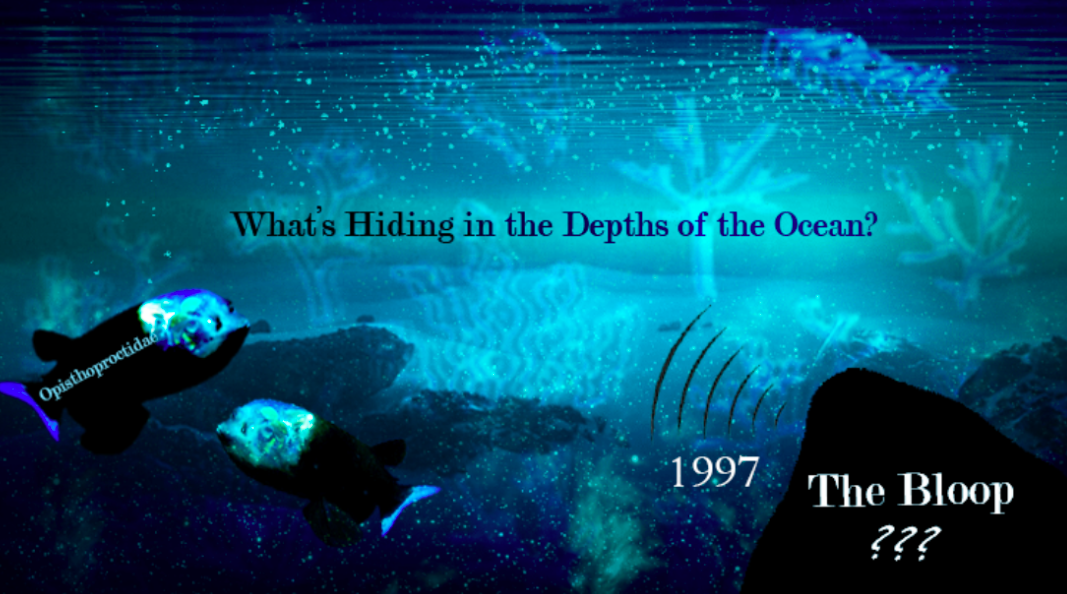
The ocean covers more than 70% of our planet, but we’ve only explored about 5%. Beneath the surface lies a mysterious, unexplored world scientists are just beginning to uncover.
The deep ocean, stretching beyond 200 meters, is a place of crushing pressure, freezing temperatures, and complete darkness—a perfect hiding spot for nature’s strangest creatures secrets.
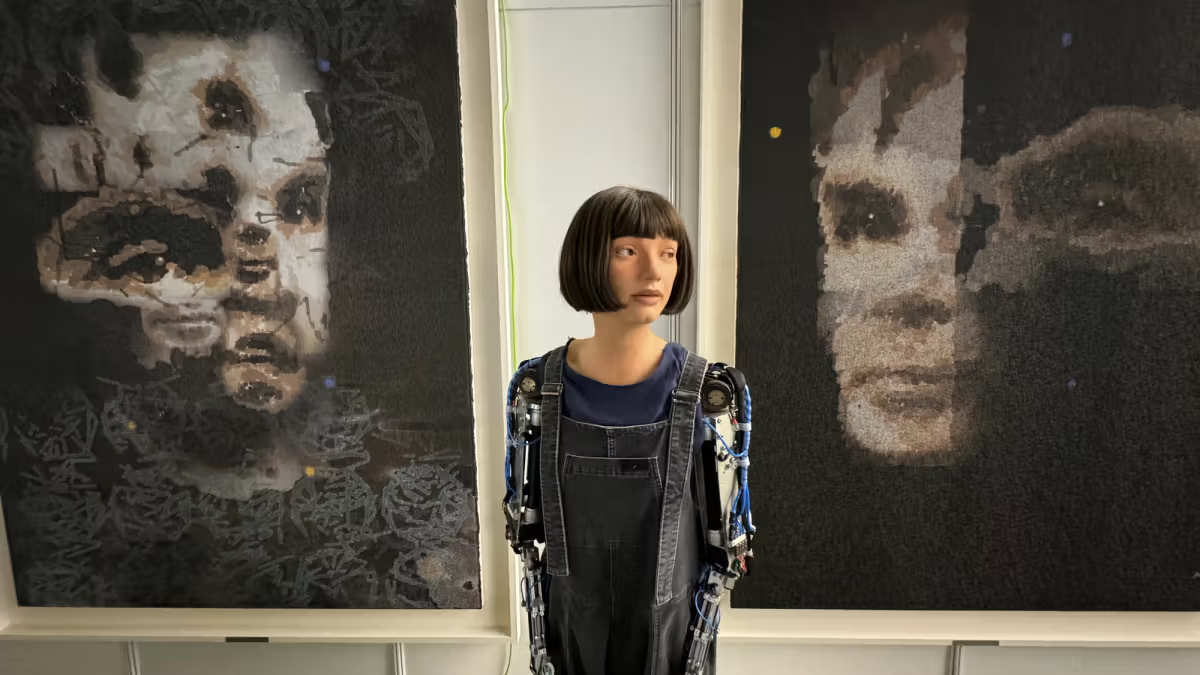
In a fantastic moment for technology and art, Ai-Da, the world’s first lifelike robot artist, sold a painting for over $1 million at a Sotheby’s auction.
The artwork, “A.I. God,” is a portrait of British mathematician Alan Turing, known for his important work in computer science and breaking codes during World War II.

The discussion of UFOs has recently focused on Guadalupe Island, a volcanic island that lies approximately 241 kilometers off the coast of Baja California.
Danny Sheehan, a Harvard lawyer and UFO disclosure advocate, suggests that this remote island might harbor an underwater alien base.

Artificial Intelligence (AI) is transforming the fashion industry, bringing significant changes to design, production, and consumer experiences.
By analyzing a large amount of data, AI enables designers to predict trends, create personalized recommendations, and streamline supply chains, leading to more efficient and responsive fashion businesses.

NASA has achieved a significant milestone in its quest to return humans to the Moon with the recent green light for the Artemis II mission.
Scheduled for launch in 2025, this ambitious mission aims to send astronauts on a historic journey around the Moon, marking a pivotal moment in NASA’s broader Artemis initiative.
Following the success of the Artemis I uncrewed flight test conducted last year, the Artemis II mission is poised to carry a crew of four on a 10-day voyage. The astronauts will orbit the Moon while testing critical systems that are essential for future lunar exploration.
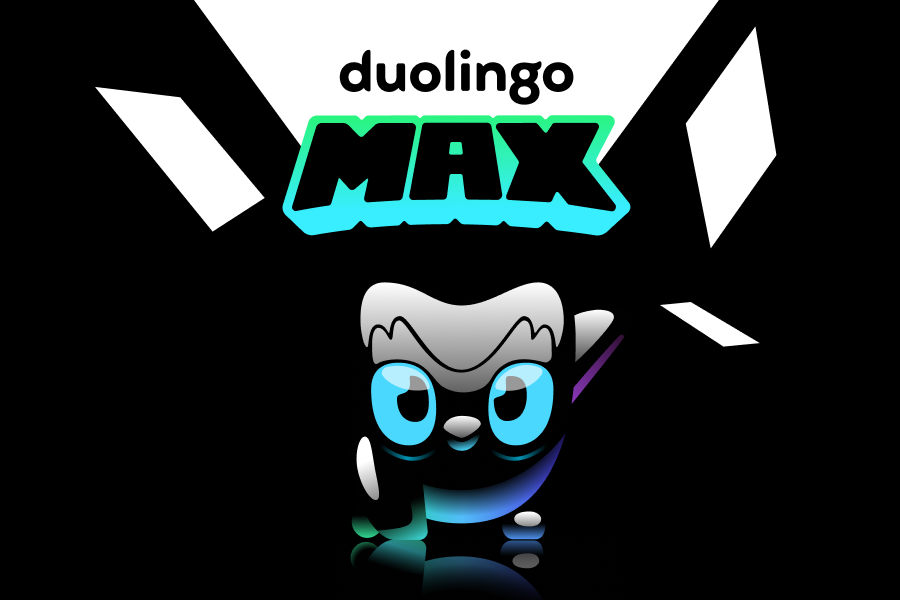
In a world where technology is changing the way we learn, Duolingo stands out as a shining example of innovation.
The app has harnessed the power of artificial intelligence (AI) to create a language-learning experience that is not only effective but also incredibly engaging. With over 500 million users worldwide, Duolingo is transforming the way we approach learning new languages.
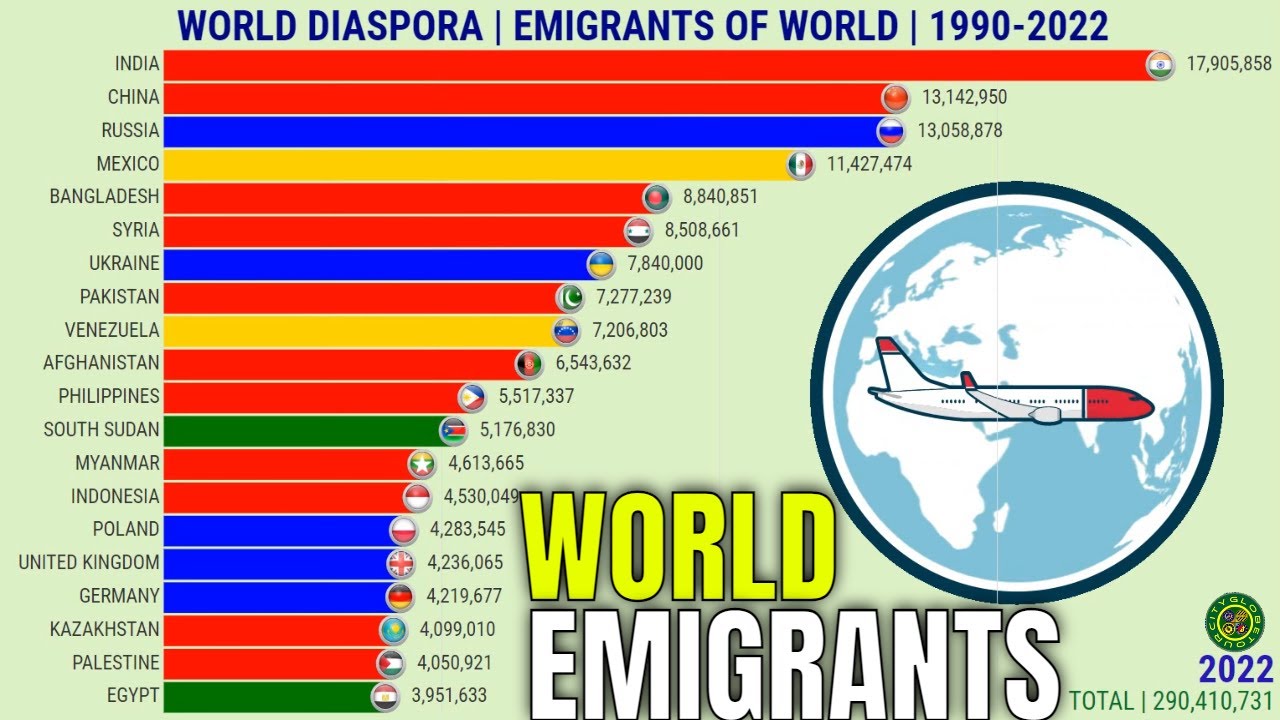
Diaspora refers to a large group of people who share a cultural and regional origin but are living away from their traditional homeland. This dispersion can be due to various reasons such as economic opportunities, political instability, or conflicts.
Diasporas play a significant role in fostering cultural exchange, economic development, and maintaining connections between their homeland and host countries.
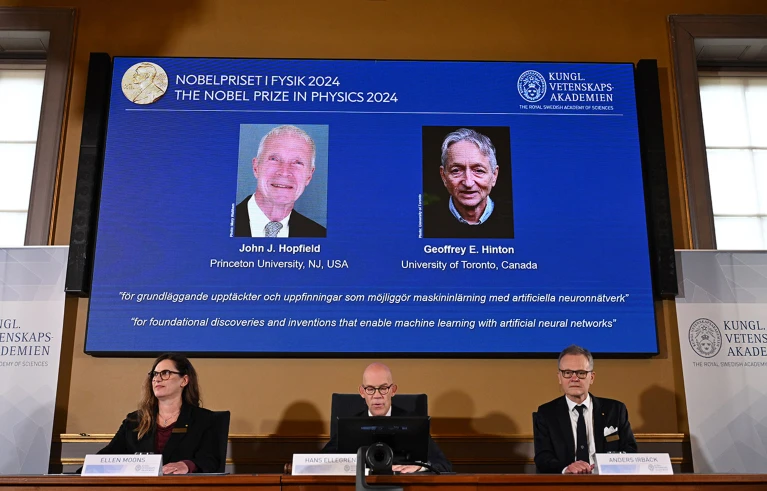
On Oct. 8, in Stockholm, John Hopfield, of Princeton University, and Geoffrey Hinton, of the University of Toronto, were awarded the 2024 Nobel Prize in Physics for their groundbreaking contributions to Artificial Intelligence (AI).
The Royal Swedish Academy of Sciences recognized Hopefield and Hinton “for foundational discoveries and inventions that enable machine learning with artificial neural networks.”
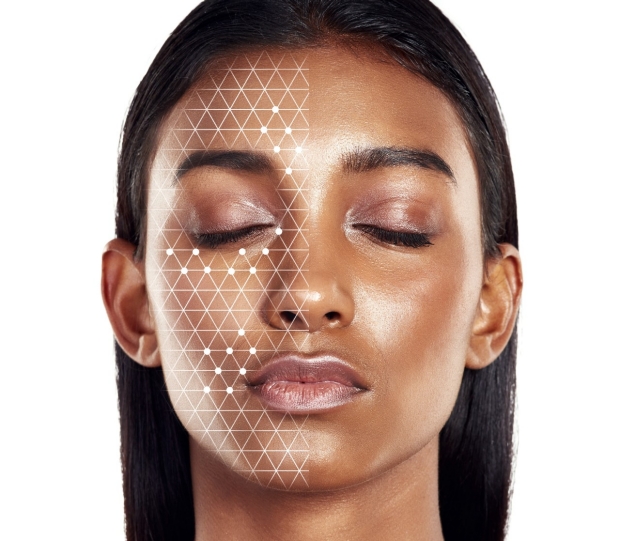
Stanford Medicine has published a groundbreaking study that highlights the transformative power of artificial intelligence (AI) in skin cancer diagnosis.
Professor Eleni Linos, MD, leads the research, which illustrates how deep learning-powered AI can greatly improve the accuracy of skin cancer diagnoses, even for non-specialists, such as primary care physicians and medical students.
